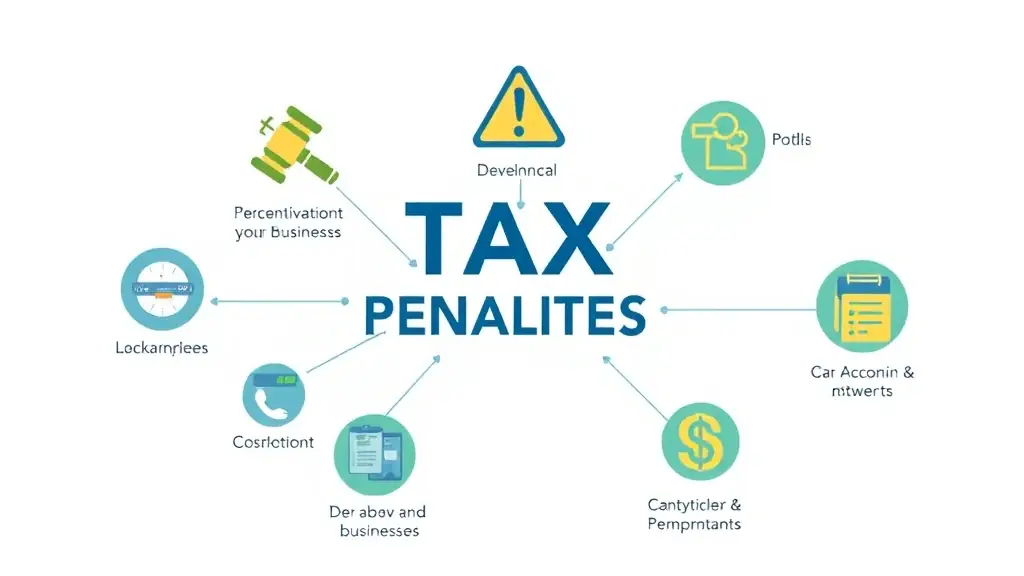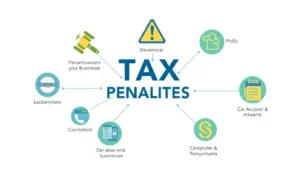Tax penalties can significantly impact your financial situation, so understanding how they work is crucial. Penalties can arise from various situations, including late filing, late payment, or inaccurate reporting. Knowing the specific rules and regulations surrounding penalties can help you avoid them. It’s important to consult with a tax professional to understand your specific circumstances. Different types of penalties exist, each with its own set of rules and consequences. Late filing penalties, for example, are often calculated as a percentage of the unpaid taxes. Late payment penalties are also common and can be substantial. Understanding the specific penalty amounts and how they are calculated is essential for effective tax planning. To avoid penalties, it’s crucial to file and pay your taxes on time. If you anticipate difficulties meeting these deadlines, contact a tax professional for guidance. They can help you explore options like requesting extensions or setting up payment plans. Proper planning and proactive measures can help you avoid costly penalties and maintain a positive relationship with the IRS.
Tax Credits for Families: Maximizing Your Savings
Families can benefit from various tax credits, which can significantly reduce their tax burden.




